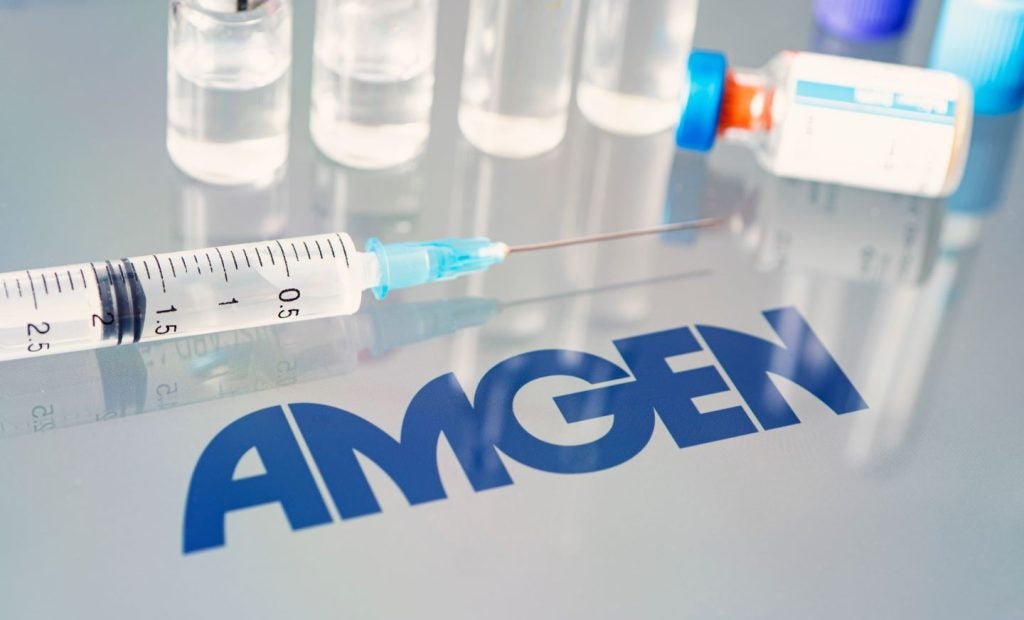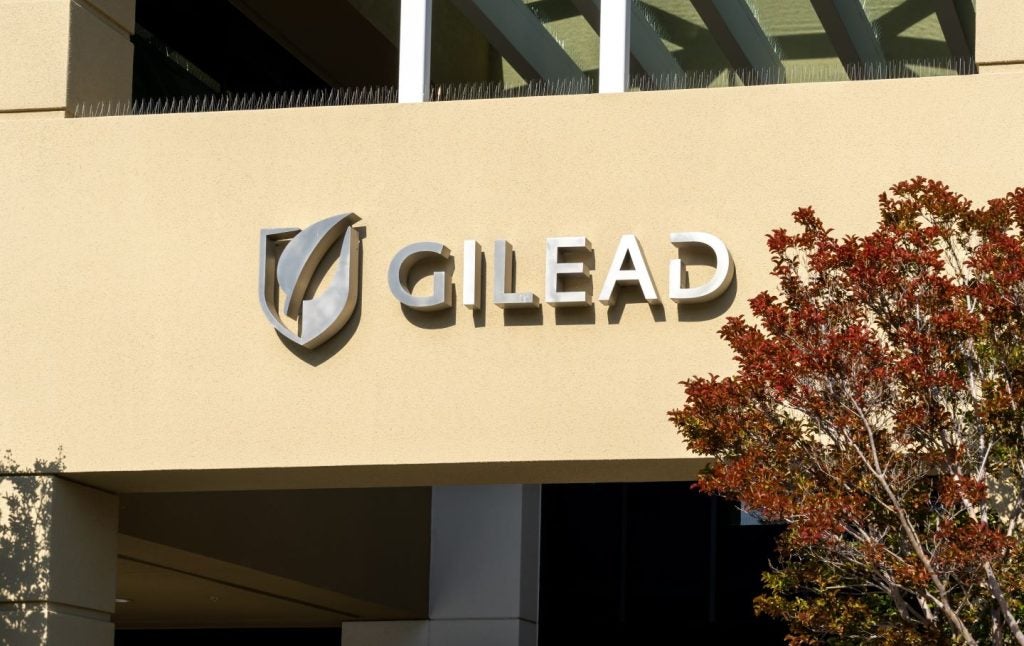The US Food and Drug Administration (FDA) has approved Amgen's Bkemv (eculizumab-aeeb) as the first interchangeable biosimilar to Soliris (eculizumab) for the treatment of specific rare diseases.
Bkemv is indicated to treat paroxysmal nocturnal haemoglobinuria (PNH) to lower haemolysis, and for atypical haemolytic uremic syndrome (aHUS) to hinder complement-mediated thrombotic microangiopathy.
The monoclonal antibody works by binding to the complement C5 protein, preventing the breakdown of red blood cells in patients with PNH and aHUS.
In the same way as Soliris, the biosimilar carries a boxed warning regarding the increased risk of serious meningococcal infections caused by Neisseria meningitidis bacteria.
It is mandatory for patients to complete meningococcal vaccination before starting treatment with Bkemv and to be monitored for early signs of infection.
As an interchangeable biosimilar, Bkemv has been evaluated and found to have no clinically meaningful differences from Soliris, with equivalent safety warnings and expected adverse reactions.
The most frequently reported adverse reactions for Soliris in PNH and aHUS trials include headache and nausea.
FDA Center for Drug Evaluation and Research Office of Therapeutic Biologics and Biosimilars director Sarah Yim stated: “Many rare conditions are life-threatening, and many do not have treatments.
“The FDA is committed to help facilitate the development of safe and effective interchangeable biosimilar treatments that can expand access for individuals with rare diseases whose current treatment options are limited.”
An interchangeable biosimilar is a biosimilar that has indicated adherence to other legal requirements and may therefore be substituted for the reference product without requiring consultation with a prescriber.
Amgen recently announced that the US FDA granted accelerated approval for its IMDELLTRA (tarlatamab-dlle) to treat adult patients with extensive-stage small-cell lung cancer.
















